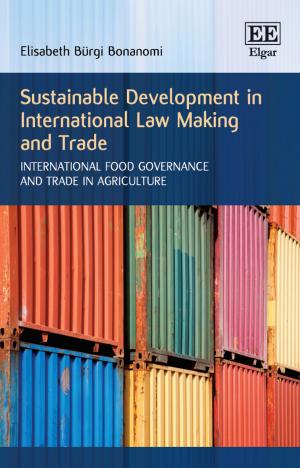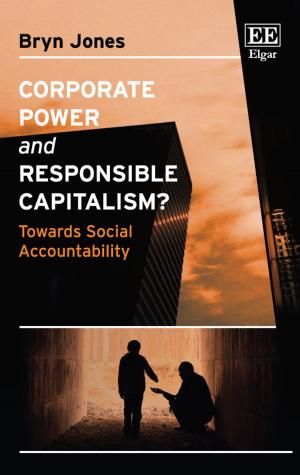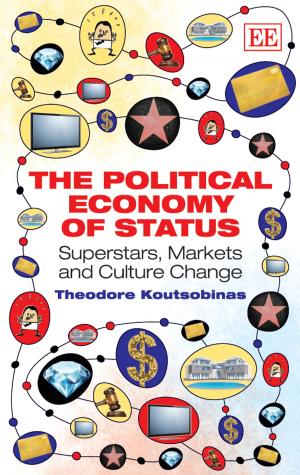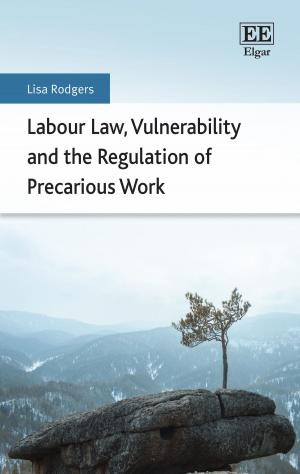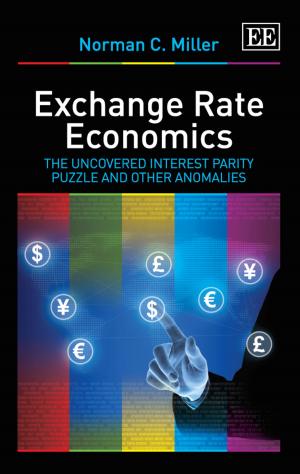Morality and Justice in Islamic Economics and Finance
Business & Finance, Finance & Investing, Finance, Nonfiction, Social & Cultural Studies, Social Science| Author: | Chapra, M.U. | ISBN: | 9781783475728 |
| Publisher: | Edward Elgar Publishing | Publication: | December 15, 2009 |
| Imprint: | Language: | English |
| Author: | Chapra, M.U. |
| ISBN: | 9781783475728 |
| Publisher: | Edward Elgar Publishing |
| Publication: | December 15, 2009 |
| Imprint: | |
| Language: | English |
Mankind is faced with a number of serious problems that demand an effective solution. The prevalence of injustice and the frequency of financial crises are two of the most serious of these problems. Consisting of an in-depth introduction along with a selection of eight of Muhammad Umer Chapra's essays four on Islamic economics and four on Islamic finance this timely book raises the question of what can be done to not only minimize the frequency and severity of the financial crises, but also make the financial system more equitable.The author considers the origins of Islamic economics and outlines its development and underlying principles. He compares the approach taken to ethics and economics in Islam with that taken in the West, considering whether lessons can be applied to the global financial architecture in order to mitigate against financial crises. The book also examines the case against interest and looks at both innovation in Islamic finance, as well as challenges facing the industry.Written by a leading authority in the field, this book will be a stimulating resource for students and researchers in Islamic economics and finance, as well as providing valuable insight to all of those with an interest in financial systems and their interaction with society.
Mankind is faced with a number of serious problems that demand an effective solution. The prevalence of injustice and the frequency of financial crises are two of the most serious of these problems. Consisting of an in-depth introduction along with a selection of eight of Muhammad Umer Chapra's essays four on Islamic economics and four on Islamic finance this timely book raises the question of what can be done to not only minimize the frequency and severity of the financial crises, but also make the financial system more equitable.The author considers the origins of Islamic economics and outlines its development and underlying principles. He compares the approach taken to ethics and economics in Islam with that taken in the West, considering whether lessons can be applied to the global financial architecture in order to mitigate against financial crises. The book also examines the case against interest and looks at both innovation in Islamic finance, as well as challenges facing the industry.Written by a leading authority in the field, this book will be a stimulating resource for students and researchers in Islamic economics and finance, as well as providing valuable insight to all of those with an interest in financial systems and their interaction with society.


